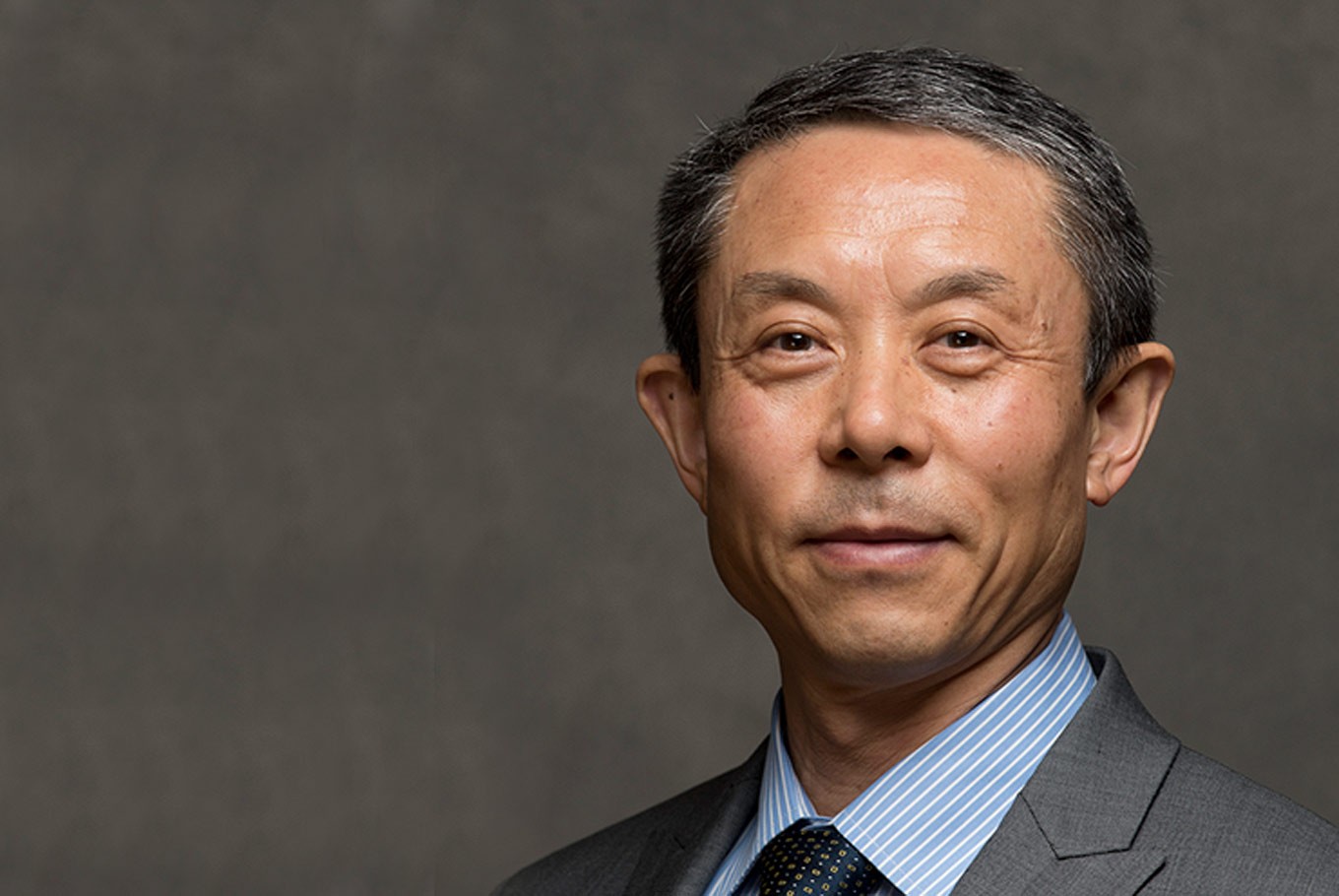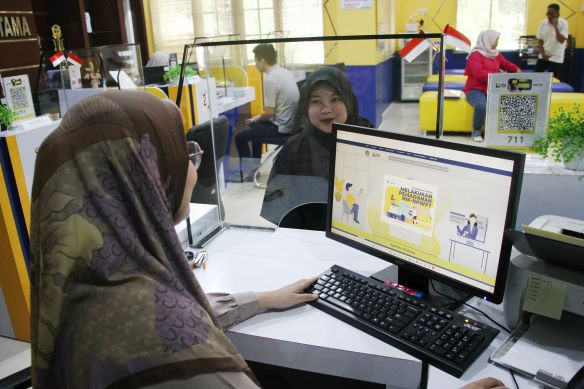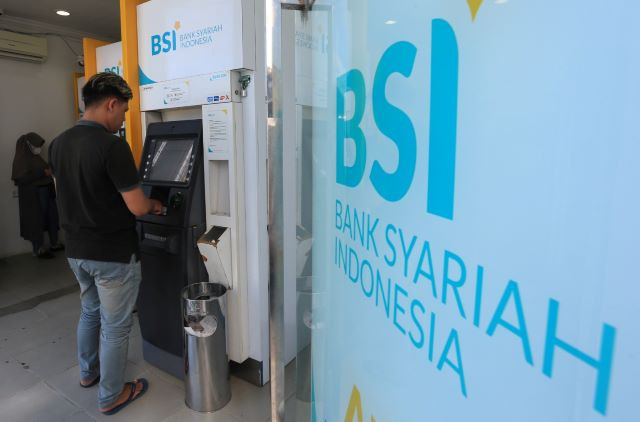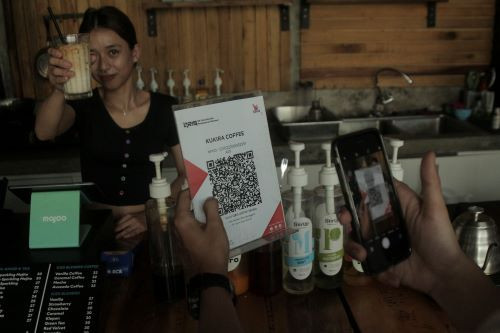Diverse population is vital to US campus life: Jianmin Qu
"And if you read the US newspapers and the media you will see that the universities are not happy with the influence of politics in terms of fundamental research and technology development."
Change Size
 Dean of Tufts University School of Engineering Jianmin Qu (Tufts University/File)
Dean of Tufts University School of Engineering Jianmin Qu (Tufts University/File)
F
em>For most people Tufts University is known for its prestigious Fletcher School of Law and Diplomacy. Some graduates have become Indonesian diplomats, while others have taken up teaching positions at some of the most prestigious universities in Indonesia. Late last week, the dean of Tufts University School of Engineering, Jianmin Qu, visited Indonesia to promote Tufts. Qu spoke with The Jakarta Post’s Ina Parlina and M. Taufiqurrahman about his outreach program.
Question: This is on everybody’s mind: Did the election of United States President Donald Trump give you a hard time in promoting US education abroad?
Answer: There have not been any real policy changes as to putting more hurdles or more obstacles for the students to go [to the US to study]. If anything, many universities basically make an extra effort to make it easier for the students to come to the universities to study.
But the political rhetoric from Washington, DC […] it doesn’t help when the students are thinking about going to the US as they hear “Well, we are not going to be welcomed in the US; the government is not going to give us a visa and so forth”.
So far, we have not had problems when it comes to visas. Initially when US President Donald Trump first issued that executive order to stop issuing visas for these few countries, it had some effects. We did have some students who couldn’t come back to the US, but that ban was lifted very quickly because the court overruled his executive decision.
So the answer to the question is: Yes, it has an effect, but it is a psychological effect.
So, my sense is that you may actually […] be having some real policy changes in the future, but I don’t see that coming anytime [soon …] because too many universities have international students on campus, [which] is vital to build a diverse student population.
The Trump administration has different attitudes toward science or education in general; does that have any impacts on how the university operates in the US?
The higher educational system is not directly under the Department of Education. In the US, the higher education institutions are [often] private, like Tufts University; they are not taking any federal money or support of funding, except for research.
The other group is the public schools, but these public schools are funded by the states, by the individual states, not by the federal government.
But the Trump administration’s bias against science, does it affect funding for research?
It does, but you have to realize [that for] federal research support […] the President can propose the budget, but the Congress has to approve the budget.
I think the research that has been affected the most are climate-related research so far and that is a big concern.
And if you read the US newspapers and the media you will see that the universities are not happy with the influence of politics in terms of fundamental research and technology development.
Tufts is a private university. If you look at the top 30 rank of [US] universities, Tufts is at 26th or 27th, depending on which year you are looking at. And we are on the smaller size of all these universities because the ranking does have something to do with the sizes of the universities. If you are bigger, you tend to reap high.
Among those top 30 universities, we call ourselves a “student-centered research university”, which means that we put a tremendous amount of focus on education, but we also do a lot of research.
We have the facility and expertise to conduct the research here [which allows] the students to participate in the most advanced research. Tufts’ distinctive [principle] is: You don’t just take courses, but you actually become part of the discovery and knowledge creation.
We have what we call a constellation of schools that covers a very wide range of subjects.
Overall, the school has about 1,000 faculty members, but 10,000 students that include both undergrad and grad students.
How many Asian students are there compared to US students at Tufts?
In the undergrad population I think about 11 percent are international students [and 60 percent of the international undergrad students are from Asia]. The majority of them come from China, India, South Korea, Hong Kong and Singapore.
We currently have quite a few from Southeast Asian countries, but not too many from Indonesia yet. We would like to see more Indonesian students come to Tufts and we do have quite a few alumni here. I think many of them have been extremely successful and obviously a lot of that is attributed to the education at Tufts.
Do you have a specific program or curriculum that is tailored toward the needs of Asian students?
Well, there are two factors. If international students come to Tufts to study, whether you are an undergrad or grad student, your life probably will be divided into two portions — academic study and the part of learning or experiencing American culture, including its history, politics and legal system.
We try to help international students to get acclimated to American culture as quickly as possible. On campus, for example, we do have an Asian student center.
Basically it is a student organization that connects Asian students together outside the classroom so that you have some group that you can go to, just to relax and be with people from your own cultural background. We have a specific building designated for that and we assign a director to help run this organization.
From the academic side, we have an Asian study program where we offer courses specifically geared toward Asian culture, Asian history, Asian languages and so forth.
So both [measures] certainly would be of the interest of students from Southeast Asia.










